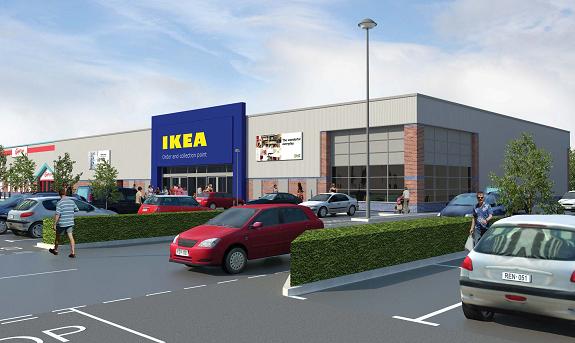More than a quarter (27 per cent) of all payments made in the UK are already contactless, as small businesses adapt to the rise in e-commerce transactions during COVID-19.
A survey by YouGov and Tyl by NatWest of 1,056 senior decision-makers in UK small and medium-sized enterprises (SMEs) found that businesses have been quick to adapt
their payment systems in response to the pandemic.
A total of 65 per cent of the businesses which had registered for Tyl’s services since the start of UK lockdown had adopted card payments for the first time, compared to 37 per cent before.
More than a third (36 per cent) of SMEs agreed that that accepting contactless payments will allow them to operate more successfully after the pandemic has ended, while 31 per cent of respondents said that they will lose revenue without contactless payments, highlighting consumer concerns around the safety of cash
and the shift towards online and mobile payments.
In a similar vein, 23 per cent said they did not feel comfortable with themselves or their employees handling cash during the pandemic.
Mike Elliff, chief executive of Tyl, said: “This latest research clearly demonstrates the role that contactless, mobile and remote payment systems will play in facilitating the economic recovery from COVID-19.
“There’s now a huge consumer demand for contactless payment methods, which is driving small businesses to switch their operating models at considerable speed
in order to achieve success,” he continued, adding: “We hope that by highlighting these challenges we can equip businesses throughout the UK to capitalise on the demand for contactless payment opportunities.”
Latest News
-
Ocado to cut 1,000 jobs in £150m overhaul
-
Aldi raises wages to become 'highest' paying supermarket
-
On opens robot-run South Korea factory to speed shoe production
-
Ikea pilots in‑store Decathlon as first UK third‑party ‘blue box’ scheme
-
Lidl raises a further £481,000 worth of micro donations for Childline
-
Zalando expands into pre-owned children's clothing
Beyond Channels: Redefining retail with Unified Commerce
This Retail Systems fireside chat with Nikki Baird, Vice President, Strategy & Product at Aptos will explore how unified commerce strategies enable retailers to tear down these barriers and unlock new levels of operational agility and customer satisfaction.
The future of self-checkout: Building a system that works for consumers and retailers
In this webinar, industry leaders discussed what the future of self-checkout looks like and how retailers can make the technology work for everyone.
© 2024 Perspective Publishing Privacy & Cookies










Recent Stories